My daughter was born seven weeks early due to placental abruption. That was a new term for me, placental abruption. Another one was UTIN. That’s the acronym in Portuguese for Neonatal Intensive Care Unit (NICU). It was one of the many Portuguese medical terms I learned after my daughter spent 28 days in a NICU in Brazil. In the moment, each day felt like a lifetime. I was sure every minute of all 28 days had been seared into my memory.
But they weren’t.
My daughter just turned four, and I’m shocked to realize how much of a blur those weeks have become. Most of the exact numbers are gone. How many days was she on a ventilator? When did she get above 2kg? Of the many people who cared for my daughter, all but one of the names has been erased. Now they’re the doctor with red glasses and the physiotherapist who spoke some English. I suspect these details will disappear too.
What has not faded in any detail, much to my dismay, is my memory of the milking room. This was the place they sent the new moms to strip them dignity. It was the room for hand expressing breast milk.
Many preemies are born too small to breastfeed and are fed through a tube and syringe. How do you get these babies breast milk? The obvious answer is pump it, store it, and serve it. Except the NICU did not allow breast pumps of any kind. The hospital said it could not guarantee that an individual mom’s pump would be sterile, so they could not give the milk from from a potentially unsterile source to the baby. The only way for a baby in the NICU at Vitoria Apart Hospital to get breast milk, other than on tap, was to hand express it. This is as awful as it sounds.
At least for me. I am not particularly in touch with my body. I’m more cerebral and would be quite content to be a floating brain in space except for the facts I do like going for walks and eating french fries. I’m aware that my conscious self is housed in an organic Tupperware container that impacts how I feel, think, am, but I don’t dwell on it. At least not until I get a stomach virus. Or until I have to breastfeed a baby.
And I was going to breastfeed. I had done my research. Despite my lack of emotional connection to my mammary glands, I was totally committed to breastfeeding. I did not, however, anticipate having to milk myself like a cow.
That’s what it is. Hand expressing means squeezing out the milk by hand into a container.
Despite that daunting psychological hurdle, I told the nurses I still wanted to breastfeed, so one of them led me out the backdoor of the NICU, down a hall, through an unmarked door, and into an unused storage closet. Based on the size and lack of any comforts except three chairs, I assume storage closet was the original purpose of the room. White walls, tile floor, no windows, and freezing cold. This was the room I shuffled to, fresh from an emergency c-section, so that I could hand squeeze milk from my boobs.
As I stood there shivering in my hospital gown, the nurse quickly went through the officially sanctioned routine that guaranteed milk I expressed in that closet would be more sanitary than what I could get from a pump: wash hands, don hairnet and face mask, remove the plastic cups from the packaging and take the lids off, wash hands again, wash nipples with gauze, squeeze milk into cup and seal the cup immediately when full. Fortunately, she demonstrated the whole process because to this day I don’t know the Portuguese word for gauze or hairnet.
Then she left. No medical professional stayed in that closet with the moms.
Want to guess how many of the moms expressing themselves actually followed that routine when left on their own?
I know because it turned out to be a communal milking closet, and the answer is none that I saw. The next time I went to the closet, two other women were already there happily chatting away, masks down over their chins. I distinctly remember these two women because they were friendly, completely comfortable being half-naked in front of strangers, and filling up cup after cup with milk like a competition at a state fair. I was none of those things. I struggled to fill half a cup when alone. Trying to hand-express milk in a freezer while confronting small talk in Portuguese and the four largest breasts I’ve ever seen in person was literally impossible.
I got almost no milk out during that session or any other. I subjected myself to breastfeeding purgatory every three hours for four days before finally saying “Enough.” I believe breast milk is ideal. I don’t believe it is worth torture. I restarted breastfeeding only after my daughter was big enough to handle it herself. Hand-expressing in that closet was one of the worst experiences of my life. And I sat through the Sponge Bob movie.
If I’d had any reserve of energy I would have been outraged. I was being denied a breast pump on the grounds it wasn’t sterile, but there was nothing sterile about that room. They sent a bunch of not-medically-trained women down the hall with instructions to wash their hands and wear a mask. I don’t believe a single doctor actually thought the milk coming out of that closet was sterile. They know they’re in Brazil where actual laws are treated as suggestions.
But I didn’t have the capacity for outrage then and I don’t care to feel it now. True, an electric pump and a private space would have made a huge difference, but we all survived and someday the sound of someone else’s breastmilk squirting into a plastic cup will fade from memory. In the meantime, I’ll milk it for the entertaining story it is.


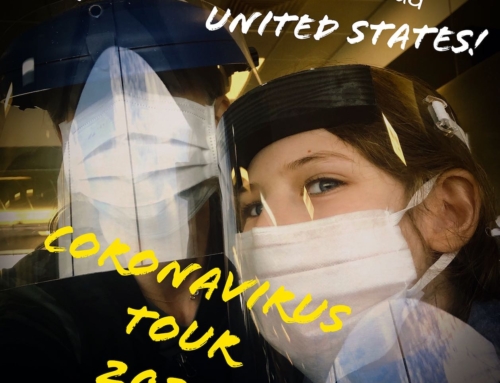
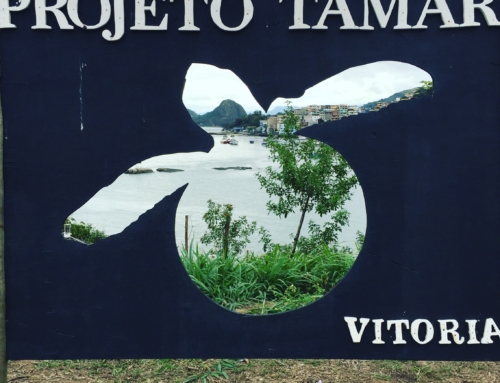
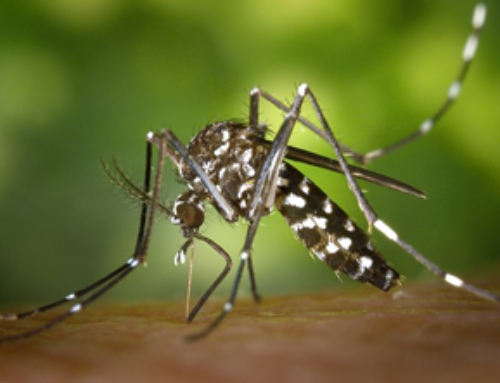
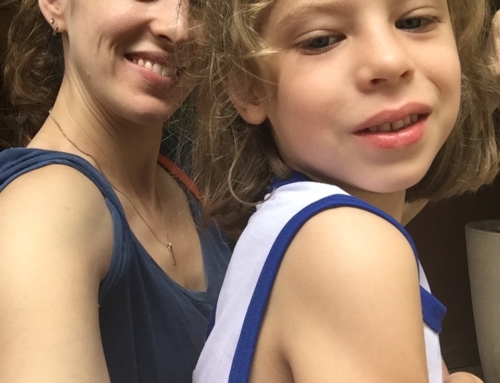

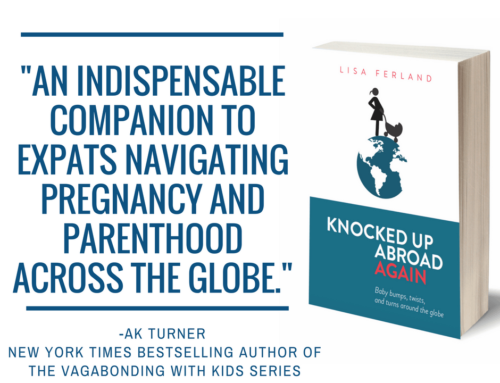
i was finding it tough with all the comforts so I applaud your effort!
#mummymonday sorry forgot to mention this link
This must have been so challenging. I hardly got any milk with a pump so to do it by hand would be even worse. I think many of us experience a lack of ability to complain or be upset even in hospitals where we speak the same language particularly after a difficult birth because we are busy managing. I am so glad to hear your daughter is fine now. Kirsten
Thanks Kirsten! The importance of having a family member or a doula or trusted friend around after the birth cannot be overstated. The mom needs someone there with the energy to fight any battles that need to be fought. I am not a person who has trouble speaking up but I was so exhausted I could barely remember my name let alone offer a coherent argument against medical personnel. Every new mom needs someone who has no agenda other than to support her.
[…] have talked about it more, but then my daughter was born seven weeks early. We spent a month in the NICU. She developed a severe food allergy that caused bloody stools until she was 8 months and left me, […]